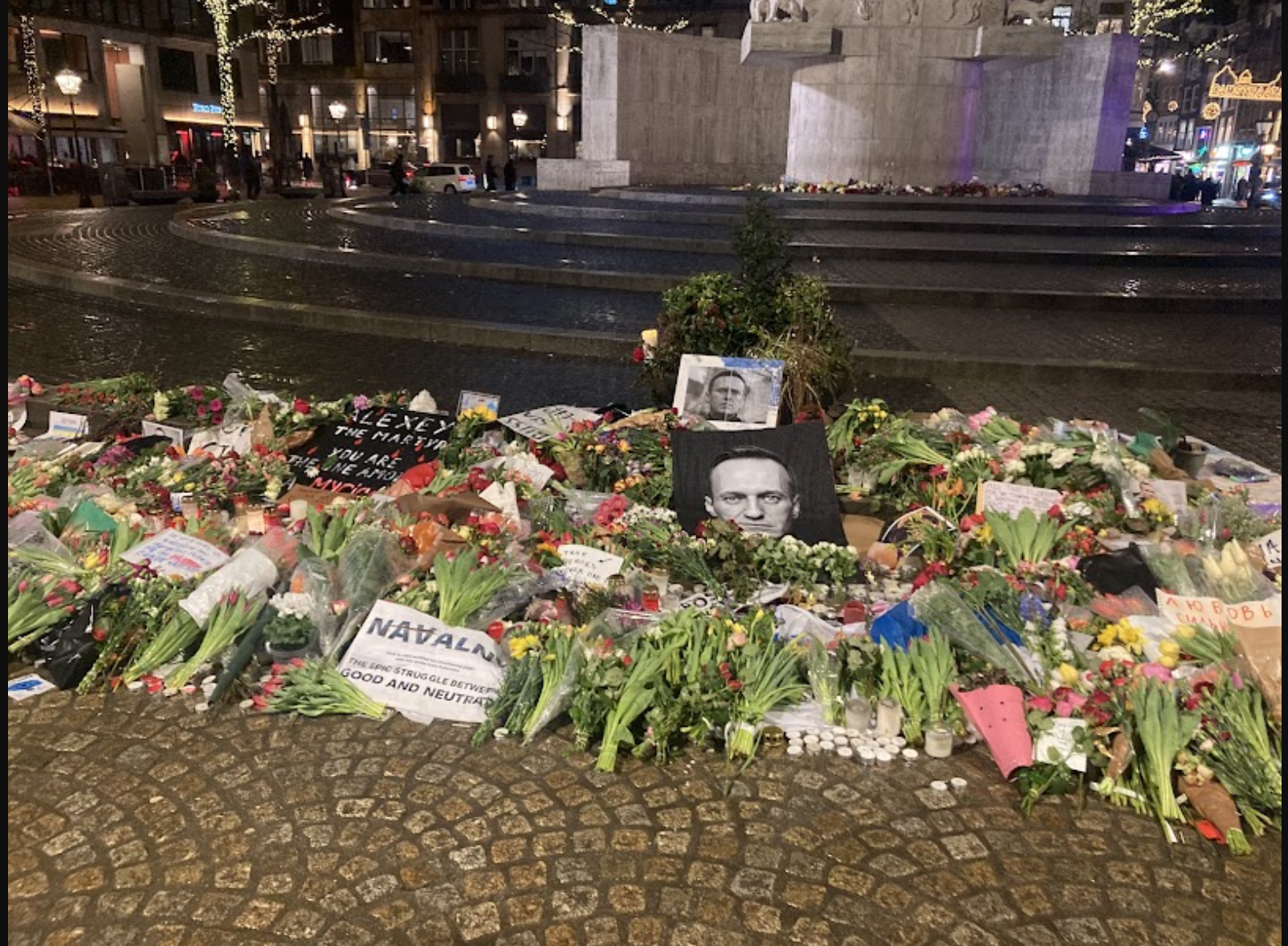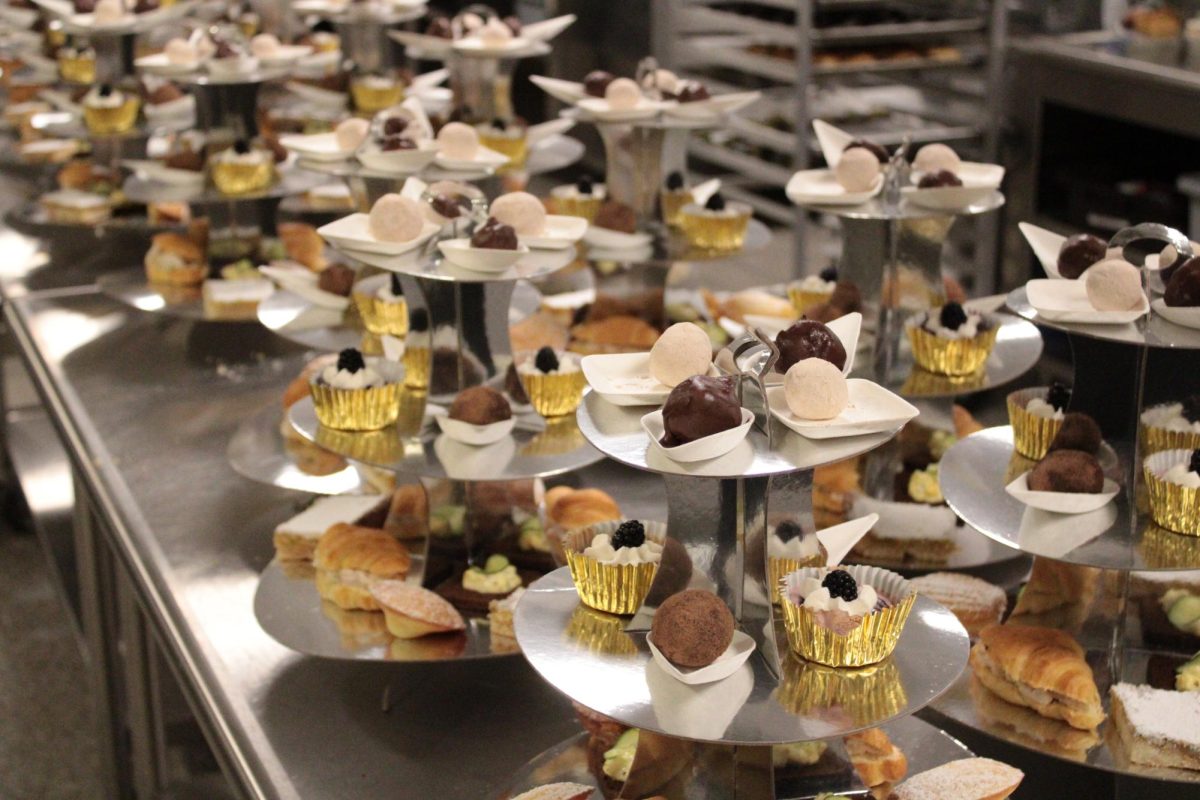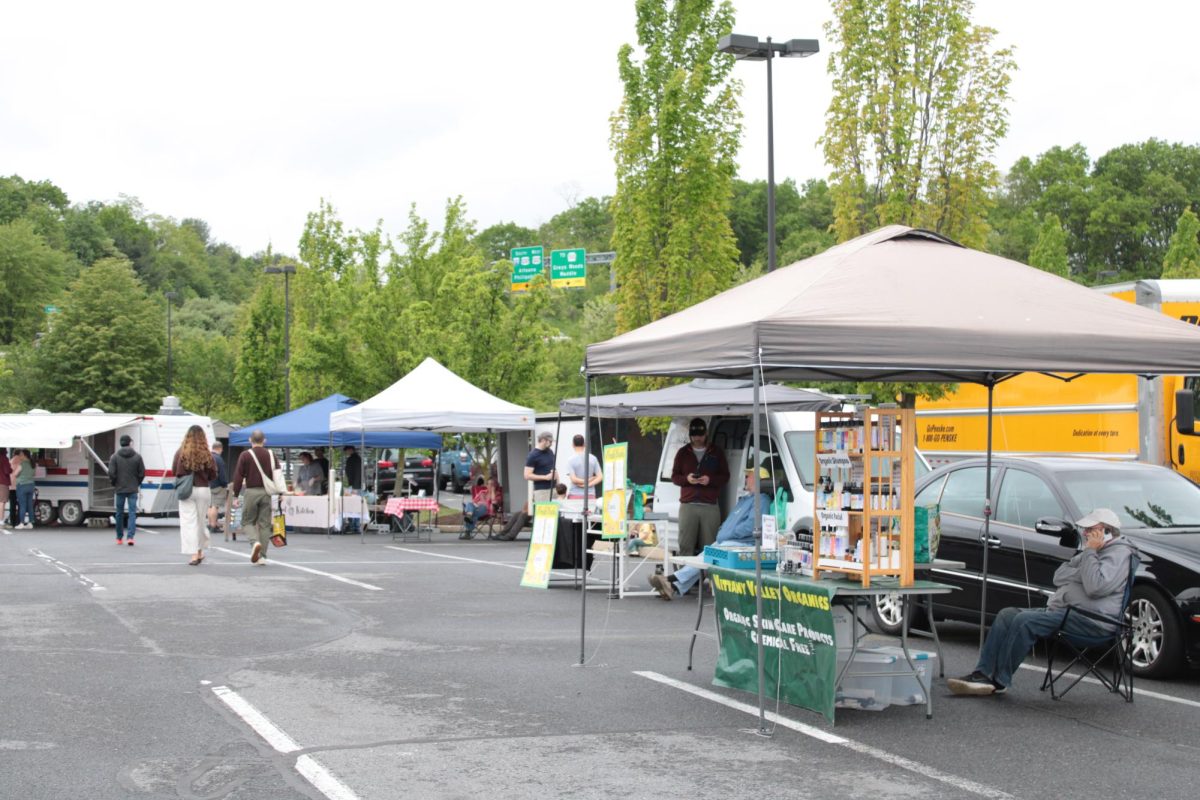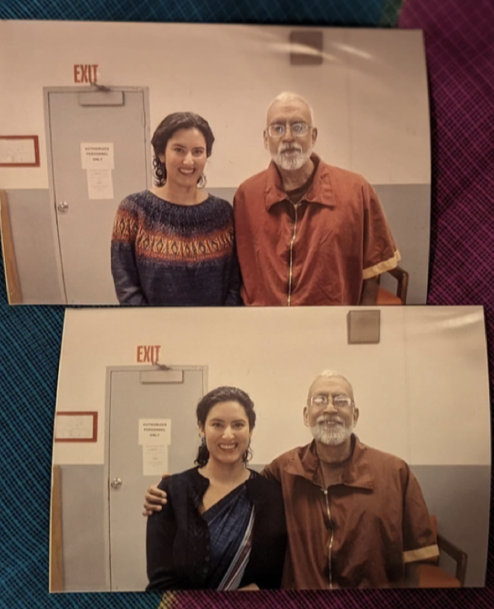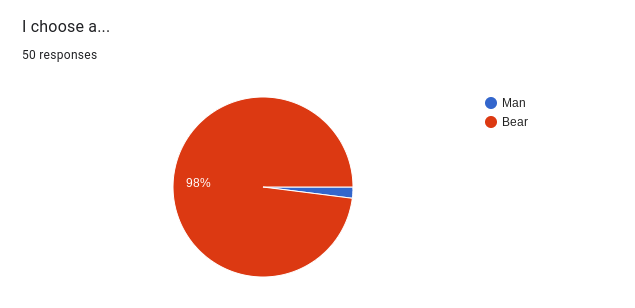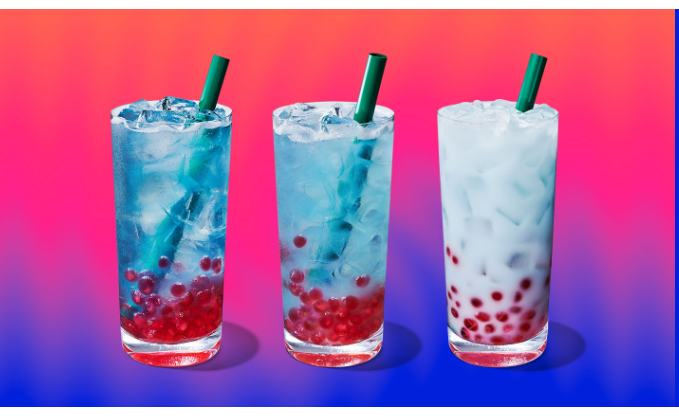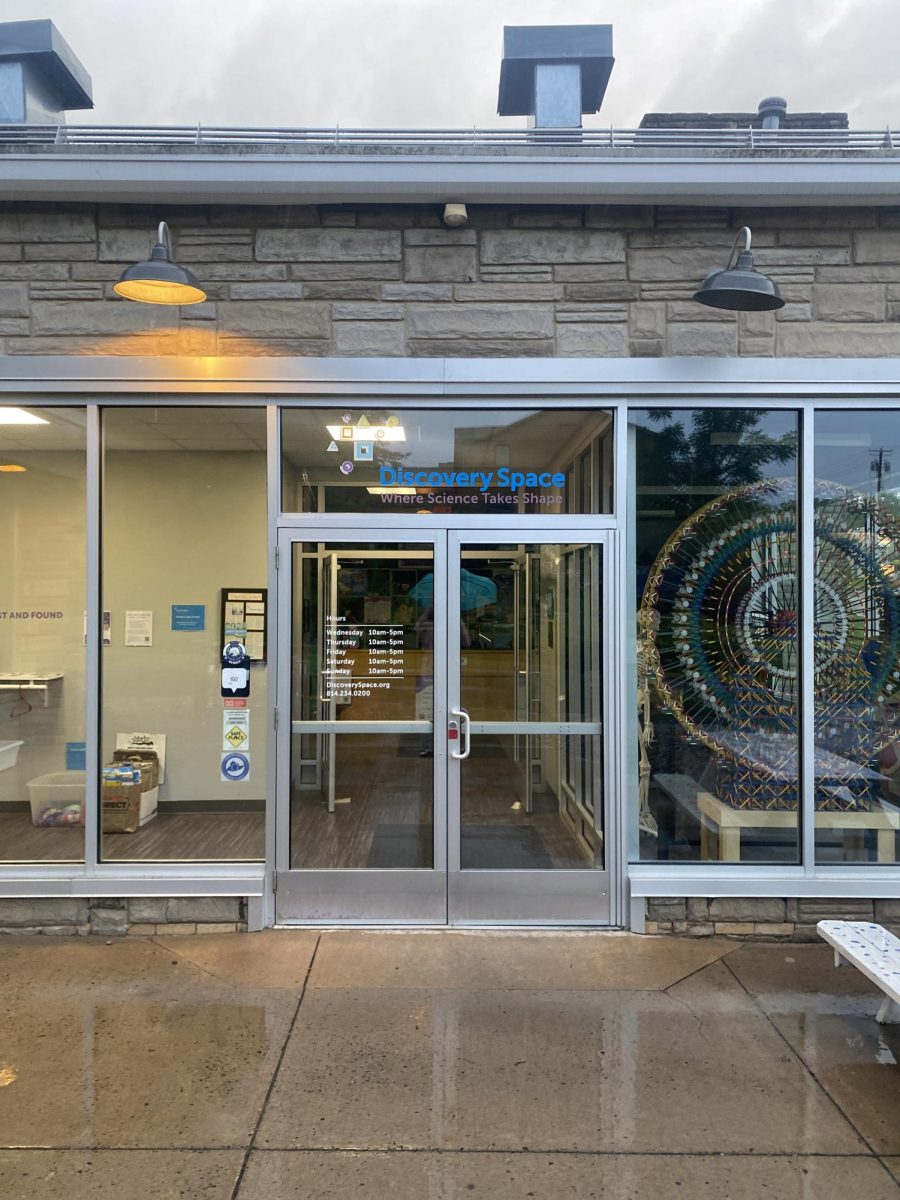On February 16, 2024, Alexei Navalny — the closest thing Russia had to an opposition leader — died in a Russian prison as a result of what appeared to be blood clots, marking the end of the line for his crusade against President Putin’s consolidation of power in Russia.
Navalny was many things to different people. In the West, he was seen as a freedom fighter who risked his life against the oppressive Russian government. In his home country, he threatened Russia’s internal stability and aspirations abroad. His views were complicated and evolved from a hardline, anti-immigrant Russian nationalist comparing Muslim immigrants to “flies and cockroaches” in 2007 to an anti-nationalist liberal who preached social equality with his support of Same-Sex Marriage, the American Black Lives Matter Movement, and the 2020 Presidential Campaign of Bernie Sanders.
Navalny’s legacy, while noble, remains a mystery, and his goal of a liberal democratic Russia remains far out of reach. However, all hope is not lost. Many in Russia have kept his dream alive with the fight against Putin and authoritarianism in Russia. And thankfully, many people willingly seek to decipher Navalny’s legacy.
However, we cannot unravel Navalny’s legacy without addressing the man who made him and whom he dedicated his life to dethroning: Vladimir Putin.
Penn State Professor Katya Haskins, a former Russian citizen, believes that Putin has spent his entire career turning himself into an emperor.
“Putin has been in charge for more than 20 years, and during these more than two decades, Russia has pretty much reverted back to totalitarianism, and it’s beginning to look a lot like fascism,” Haskins said. “There’s no independent media left in the realm of television and radio. So whatever media left had to go online and move abroad, especially since the beginning of the Ukraine invasion.”
Indeed, Putin follows the trend of Russian authoritarianism, mixing the different forms of authoritarianism in Russia into a modern doctrine that has most of what was left of Russian Democracy. Organizations unfriendly to the Kremlin have been declared foreign agents and attacked immediately, resulting in an authoritarian state that empowers autocracies across the world.
According to Student Government President Prithvi Naranyan, there is a distinction between Russia’s government in theory and Russia’s government in practice.
“On paper, Russia is a semi-presidential democracy, but throughout the Russian Federation and Putin’s government, it has clearly fallen into the trap of being controlled by a despot. Putin’s creating the rules for himself, as a result of his ability to rule by decree, bypassing the State Duma in order to amass as much power as possible.”
If you look at what Russia is now, Putin is basically a Czar. There is no clear position of power in Russia that is unaligned with Putin.
According to Haskins, Navalny was Russia’s only real opposing figure. “Navalny was not the only dissenting politician in Russia, but he was the only one who was very inspiring. There was no one like him in terms of appealing to younger generations,” Haskins said.
Navalny was also prominent for his advocacy of what Haskins described as “normal” democratic conditions.
“The ability to vote, the ability to think freely, the ability to assemble, to decide matters of collective governance together rather than have them decided for you at the top. He advocated against corruption and exposed corruption. His voice was the most vivid. His example was the most vivid and inspiring among the Russian opposition, such as it is,” Haskins stated. “His poisoning in late 2020 signaled that the Kremlin views him as a threat.”
Naranyan focuses on Navalny’s courage as an opposition leader. “He wasn’t afraid to run for Mayor of Moscow in 2014. He wasn’t afraid to die. And if you’re not afraid to die for what you believe in, then that’s when you become dangerous. That’s why Putin tried to get rid of Navalny.” Indeed, Navalny’s crusade against Putin inspired many people because he refused to stay silent.
According to Haskins, the success of Navalny’s campaign came primarily from his ability to inspire the youth.
“I think what he accomplished is an awakening among younger generations in Russia, from teenagers to 45-year-olds. Navalny only died at 47, and he projected a sort of optimism about the future and about collective action. I think that is his greatest impact on Russian politics.”
Naranyan explains Navalny’s success has been in starting a larger movement within Russia. “Navalny fell short in that Putin is still in charge. But it’s safe to say that while Putin has won the battle, he hasn’t yet won the war. You’ve silenced Navalny, but you haven’t silenced his millions of supporters. The crowds that were coming to commemorate Navalny’s life in Moscow despite threats from the government.”
As for remembering Navalny, Haskins invokes the image of a fighter who will be remembered fondly for years to come.
“He will be remembered as a martyr, possibly as a Saint,” Haskins said. “I heard that Navalny may be canonized as a saint sometime in the future. The idea of self-sacrifice is a longstanding Russian tradition. In this case, I think the sacrifice was meaningful. There were many older people, even at his funeral, who admitted that he wasn’t their biggest political role model; he was a man of incredible courage.”
According to Naranyan, “It depends on who you’re asking. There’s definitely a strong generational and political divide in terms of how Navalny is viewed. While his death is certainly a setback for his supporters, I believe that Yulia Navalnya will fill the gap. Navalny will have been a symbol of what Russia could be.”
Even as Putin scored a landslide electoral victory, Navalny’s supporters refused to remain silent. On election day, polling station protests took the form of long lines, which grew hundreds deep at noon in multiple locations. Before his death, Navalny had called for a “Noon Against Putin” protest. In addition to the polling protests, 60 Russians were detained across 16 cities (CNN).
Russia plays a pivotal role in global politics today, and the rise of autocracy there warrants our full attention. As Naranyan concludes, “We need to keep supporting Ukraine and make sure they have enough resources to fight for democracy against the despot in Russia, because if we step back now, who knows what will happen? Europe needs us, and our allies need us.”


